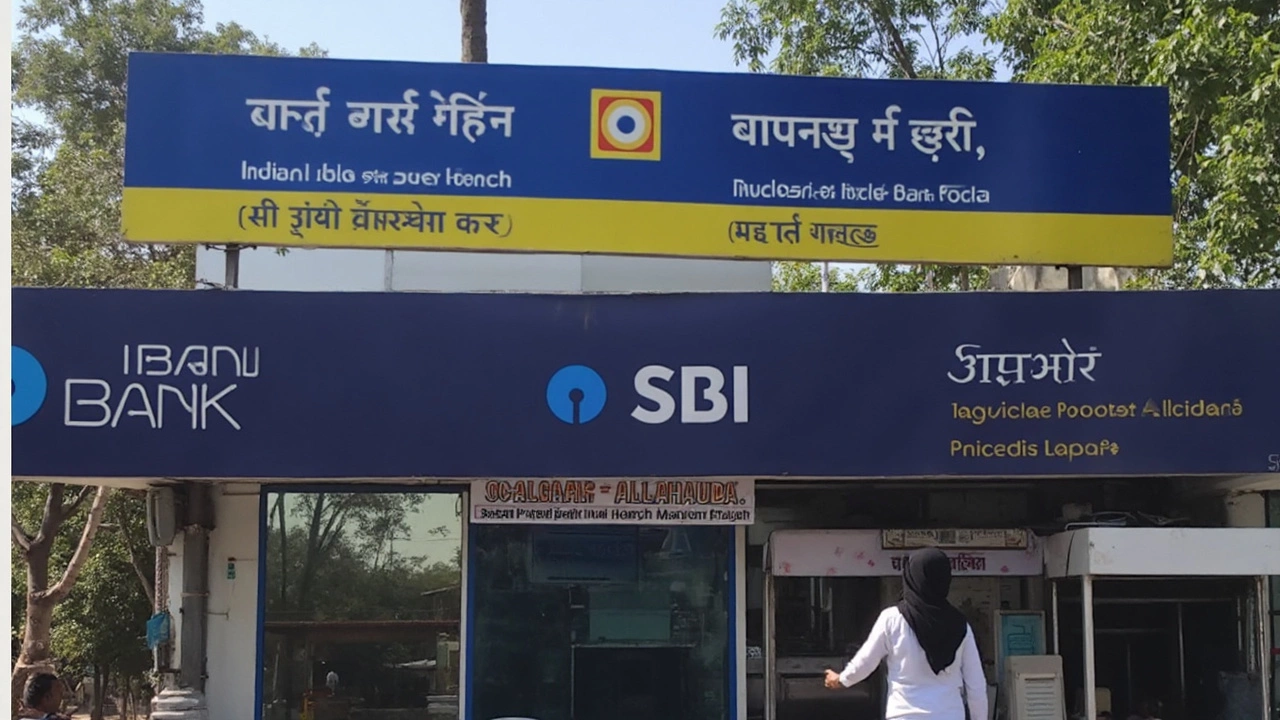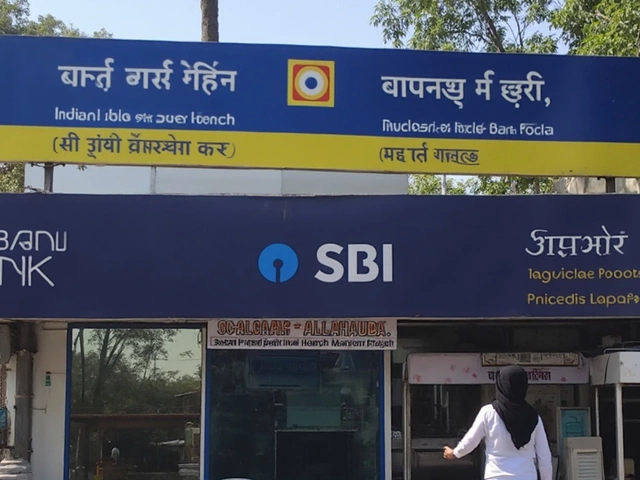As April 2025 approaches, it's essential for anyone dealing with banks in India to be informed about the predicted holidays, set to disrupt usual operations across the nation. This year, the calendar is marked by a mix of national and regional observances, which will leave many banks closed on numerous occasions.
Understanding April's National Holidays
To kickstart the holiday month, Ram Navami lands on April 6, which coincidentally falls on a Sunday. This is a day of celebration across most states, albeit with limited impact on bank closures as Sunday is generally a non-working day. Following that, Mahavir Jayanti on April 10 and Good Friday on April 18 will see banks shut across many states. However, those in Jammu and Himachal Pradesh might notice that these states do not observe a Good Friday closure, giving rise to some regional exceptions in the otherwise nationwide observance.
Regional Celebrations and Their Impact
Beyond national closures, several regions in India uphold their own cultural observances. For instance, Baisakhi or Vaisakhi on April 13 marks a festive occasion in Punjab, Chhattisgarh, Jharkhand, and Odisha, leading to another day when banks will not operate. Ambedkar Jayanti on April 14 sees states like Rajasthan and West Bengal pausing banking activities to honor the life of Dr. B.R. Ambedkar.
The pattern of closures continues with regular monthly practices. The second Saturday on April 13 and the fourth Saturday on April 27 are preset for bank holidays across the country. However, unique scheduling in specific states like Tripura, which has holidays on April 14 and 21, and Karnataka, observing a special closure on April 30, means it's crucial for individuals in these areas to stay informed.
Given these variations, the Reserve Bank of India suggests that individuals and businesses carefully verify and adhere to official gazette releases to ensure that all planned activities align with these closure dates. This strategic approach is essential to navigate the multifaceted calendar of bank holidays in April, preventing any disruption to financial services and transactions.






